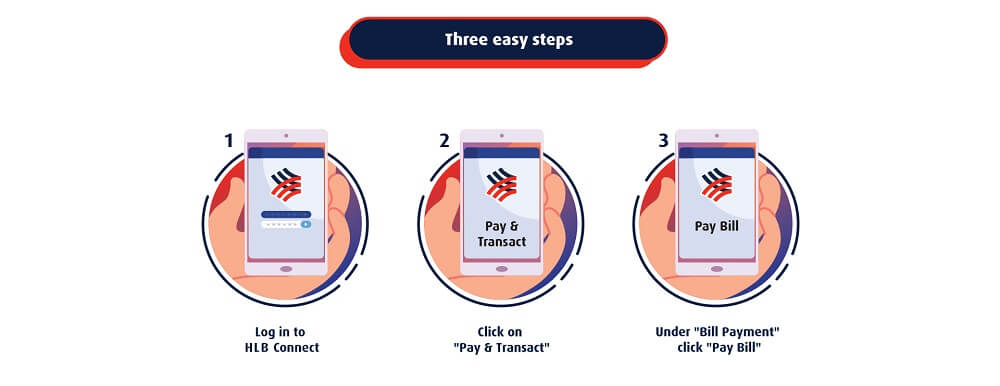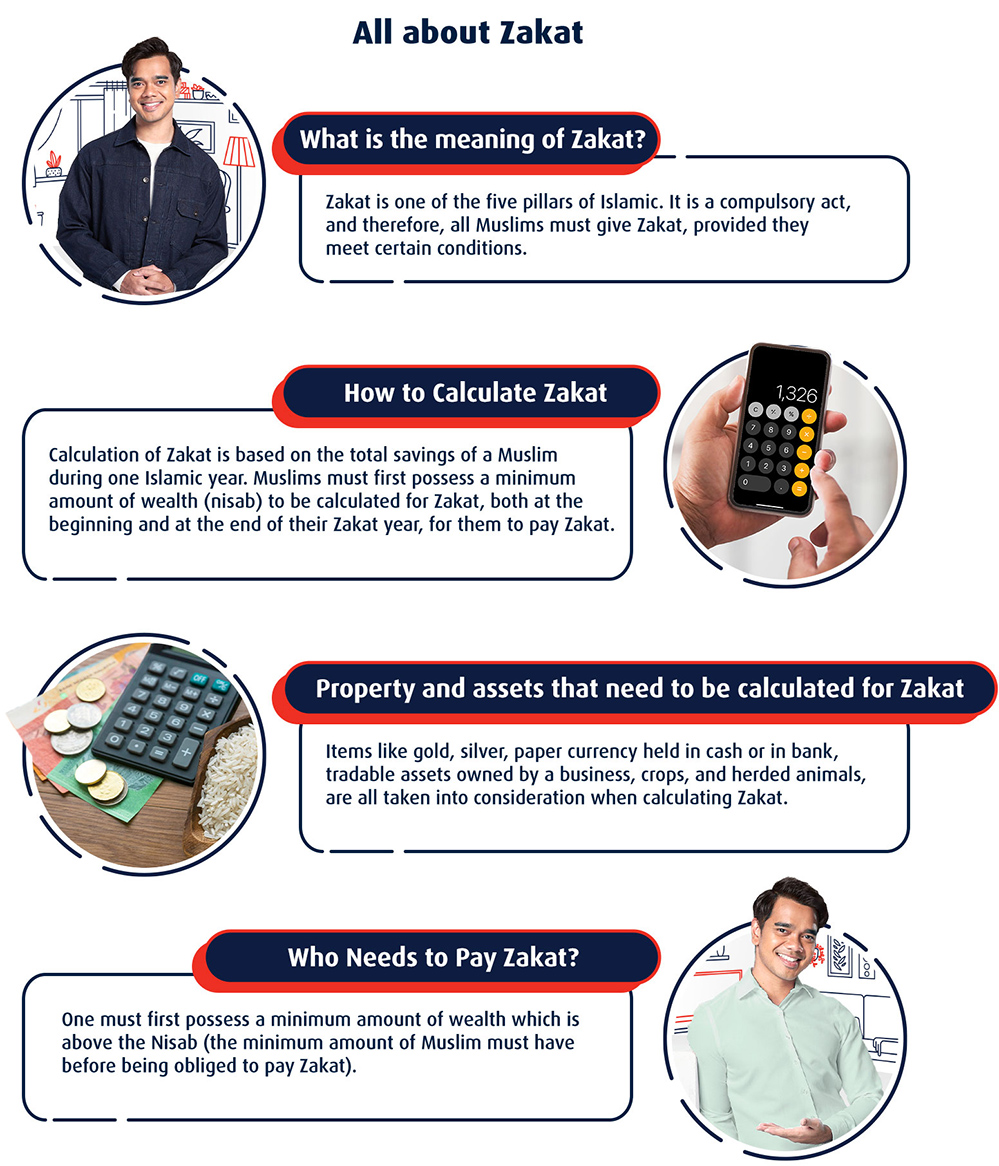Zakat
MORE INFORMATION
Zakat is one of the five pillars of Islam. Zakat is obligatory only for Muslims, whereby the non-Muslims are not obligated to perform zakat. It is a compulsory act, and therefore, all Muslims must give Zakat, provided they meet certain conditions. Giving Zakat means Muslim’s are purifying their wealth by giving a part of it to the needy as well as to gain Allah’s blessing on their wealth. It teaches us to sacrifice a part of our wealth, to cleanse our wealth by means of Zakat.
The examples of the beneficiaries of Zakat are the poor and the needy, and amil (those employed to administer the funds), for the muallaf (those who have embraced Islam), for those in bondage and in debt, those who strive in the cause of Allah and for the wayfarer.
According to the Holy Quran (At-Taubah:60), Zakat should be given to the following types of people:
1. Al-Fuqara: Translated as the ‘poor’ or ‘needy’, these people have some or little money, but not sufficient for their everyday needs.
2. Al-Masakin: Translated as the ‘destitute’, those who cannot meet their basic needs, these are people of extreme poverty who possess no wealth at all, and are in need of asking others for food, clothing and shelter.
3. Amil Zakat: Those who are appointed by the institution of zakat, whether individuals or organizations to manage and administer zakat matters including collecting, recording, guarding, dividing and distributing Zakat.
4. Mu’allaf: Those who recently converted to Islam. Also, to persuade those sympathetic to, or expected to convert to Islam, and potential allies in the cause of Islam.
5. Al-Riqab: To liberates those from the bondage and subjugation either in terms of physical or mental grip, such as under the control of certain people.
6. Al-Gharimin: Those who have incurred overwhelming debts because of their personal basic needs or social necessity. These people are given Zakat if they do not have enough money beyond their basic needs to repay the debts.
7. Fisabilillah: These are people who are away from home in the path of Allah. Any person or party engages in an activity to uphold, defend and advocate the religion of Islam.
8. Ibnu Sabil: Wayfarers, stranded travelers who are traveling with a worthy goal but cannot reach their destination without financial assistance.
The following are the steps for you to pay your Zakat online:
1) Login to Hong Leong Connect
2) Click on “Pay & Transact”
3) Click “Pay Bill” under “Bill Payment”.
4) Click “Category” and select “Zakat”.
5) Alternatively, for other Zakat Authorities not available under the “Zakat Category”, you may pay via JomPAY. For your easy reference, the following are the list of Biller Codes of Zakat authorities via JomPAY (as at 30th August 2021).
| No | Biller Code | Zakat Authority |
|---|---|---|
|
1 2 3 4 5 6 7 8 9 10 11 12 13 14 15 16 17 18 19 20 21 22 23 24 25 26 27 |
10280 12096 13250 1453 18077 18101 18184 18200 18226 18242 18333 25809 3145 32698 39198 40873 41673 44412 45344 53652 56028 59972 65805 9027 91280 95620 96073 |
ZAKAT MELAKA - TERNAKAN MAIDAM - ZAKAT MAAHAD TAHFIZ SUMB UMUM/ZAKAT ZAKAT PULAU PINANG ZAKAT MELAKA - PERTANIAN ZAKAT MELAKA - SAHAM ZAKAT MELAKA - EMAS / PERAK ZAKAT MELAKA - PERNIAGAAN ZAKAT MELAKA - WANG SIMPANAN ZAKAT MELAKA - PENDAPATAN ZAKAT MELAKA - QADHA' ZAKAT LZNK - ZAKAT WANG KWSP LEMBAGA ZAKAT SELANGOR MASJID INDRA PETRA-ZAKAT LZNK - ZAKAT WANG SIMPANAN LEMBAGA ZAKAT NEGERI KEDAH DANA DHADIS SUMB UMUM/ZAKAT LZNK - ZAKAT PADI LZNK - ZAKAT PENDAPATAN LNZK - ZAKAT PERAK MAAHAD AL IRFAN GAN UMUM/ZAKAT MAIK ZAKAT LZNK - ZAKAT SAHAM ZAKAT NEGERI PERAK PUSAT DHADIS SUMB UMUM/ZAKAT LZNK - ZAKAT PERNIAGAAN LZNK - ZAKAT EMAS |


